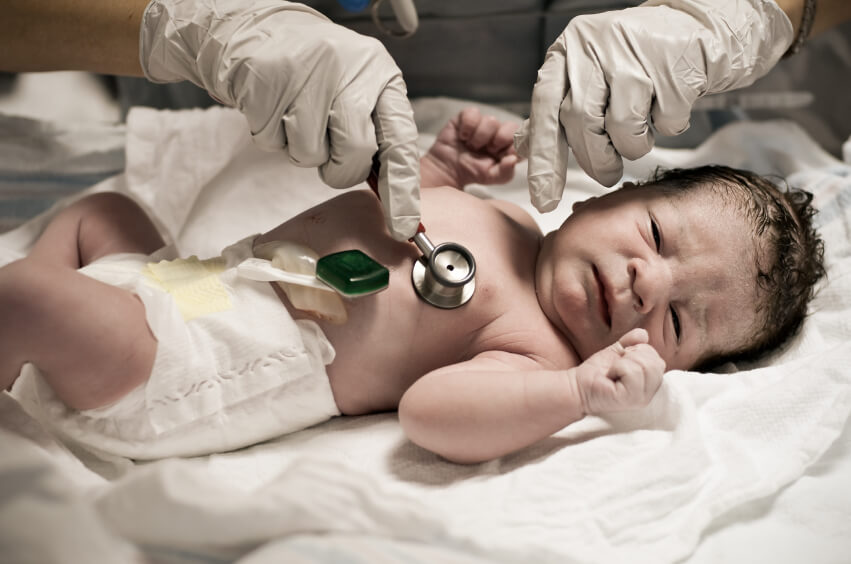If your child is diagnosed with cerebral palsy, you’ll probably be facing a lot of stress and won’t know quite what you should do about it. Part of handling this situation the right way means taking care of yourself, first. You’ll have to be able to cope with what you’re about to face and, in some regards, what you’re about to face will be very challenging.
First, you’re going to want to make certain that you get all of the information you can from your physician. It’s likely that your physician will not know right away how extensive the brain damage your child suffered really is. Sophisticated scanning technology, better laboratory technologies and generally more knowledge about the human body, however, mean that physicians will be able to give you much more information than they would have been able to give you in the past.
Where taking care of yourself is concerned, knowledge is usually the best thing to pursue. Read up on cerebral palsy. Some of the resources you can take a look at include United Cerebral Palsy, which has extensive information on their website. State and local providers for people with disabilities may also be able to offer assistance and any support groups you can find in your area may be able to provide you with additional resources for support.
If your child is diagnosed with cerebral palsy, there will be a medical investigation to determine how the child came to suffer the birth injuries. You may not be able to determine for yourself from this report whether or not medical negligence played a role in your child having cerebral palsy. If it did, however, speaking with an attorney right away is generally a good course of action. The first thing you’ll want to do as far as attorneys are concerned is to ask a Dallas birth injury lawyer how long you have to determine whether or not you want to file a lawsuit.
The cerebral palsy attorney may want to meet with you right away. The consultation that they offer initially is generally free, so there’s no risk in going in and speaking with them. What they will want to determine is whether or not it’s likely that you do have good cause to file a lawsuit against the physician or the healthcare facility responsible for your child’s injuries. There’s no obligation when you meet with these attorneys, so it’s generally worth doing.

